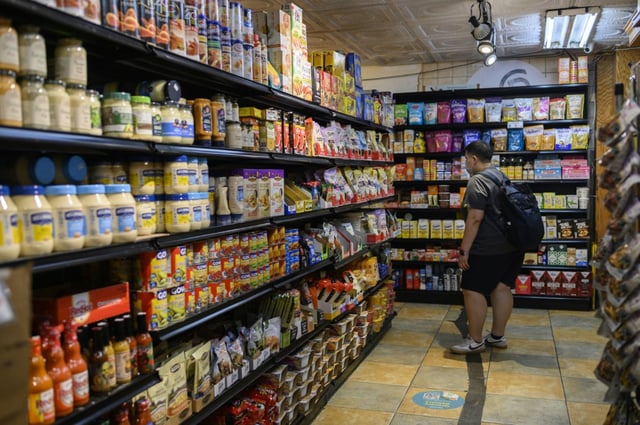Overview
- In a Cell Metabolism paper, researchers assigned 43 healthy men aged 20–35 to two calorie-matched diets delivered to their homes across two 21-day periods with a crossover after a washout.
- On the ultra-processed regimen supplying about 77% of calories, participants gained roughly 1.5 kilograms—mostly fat mass—compared with those eating largely unprocessed foods.
- After the ultra-processed phase, blood levels of a phthalate rose, suggesting contamination associated with packaging or industrial processing.
- Investigators also observed a drop in blood lithium during the ultra-processed diet, a trace element linked in prior research to mood regulation that the authors say warrants further study.
- Coverage notes a possible decline in sperm motility and highlights that ultra-processed foods make up about 50% of calories in the U.S. and Canada and around 35% in France.


